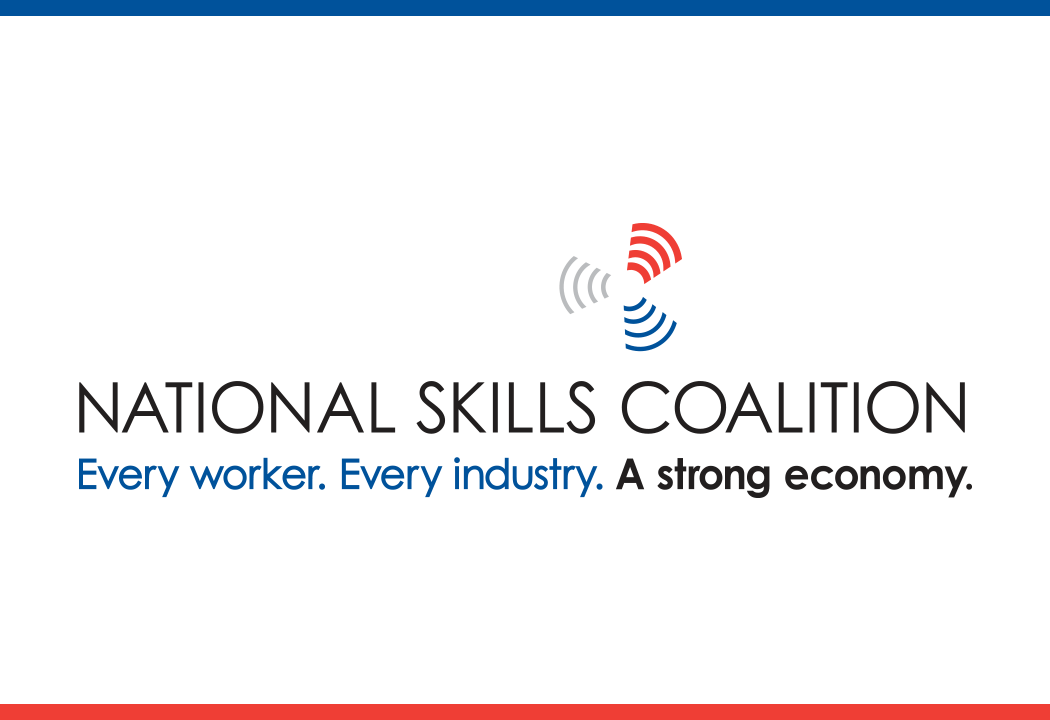
While apprenticeships are a great solution to gain an education for low-income adults in particular, some barriers still remain. A report from the National Skills Coalition explains how child care assistance can bring many adults, women in particular, into apprenticeships and in-demand careers.
Apprenticeships provide an opportunity to earn an income as participants learn a trade, but many adults are not prepared to immediately begin an apprenticeship program. Depending on the requirements of an apprenticeship or the education level of the person hoping to become an apprentice, they must complete pre-apprenticeship or adult basic education programs. These are unpaid and often require tuition.
Child care responsibilities impact job training participants
Cost of tuition aside, child care responsibilities stop many parents from completing such pre-apprenticeship programs. According to the report, “more than two thirds of low-income participants in job-training programs have children under the age of six.”
As a solution, some states, colleges, and universities have begun to offer childcare assistance to parents who are enrolled in courses or participating in job training programs. “According to one survey,” the report explains, “48 percent of low-income participants in job training programs who received child care said they would have been unable to complete their training program without access to the support.” Participants in one program who received assistance were also found to be over twice as likely to obtain a degree or credential.
Best practice in Mississippi
The report cites a program in Biloxi, Mississippi as a best practice example. The Moore Community House Women in Construction (WinC) program is a pre-apprenticeship program that prepares women to enter apprentices in construction or skilled trades. Using Temporary Assistance for Needy Families state grants and the U.S. Department of Labor’s Strengthening Working Families Initiative grants, WinC provides child care support as a retention tool for participants. This has nearly tripled enrollment, from approximately 60 women in 2016 to around 180 annually.
What do you think about offering childcare support to parents seeking apprenticeships? What other barriers to education exist? Let us know on Facebook, Twitter, or LinkedIn.


